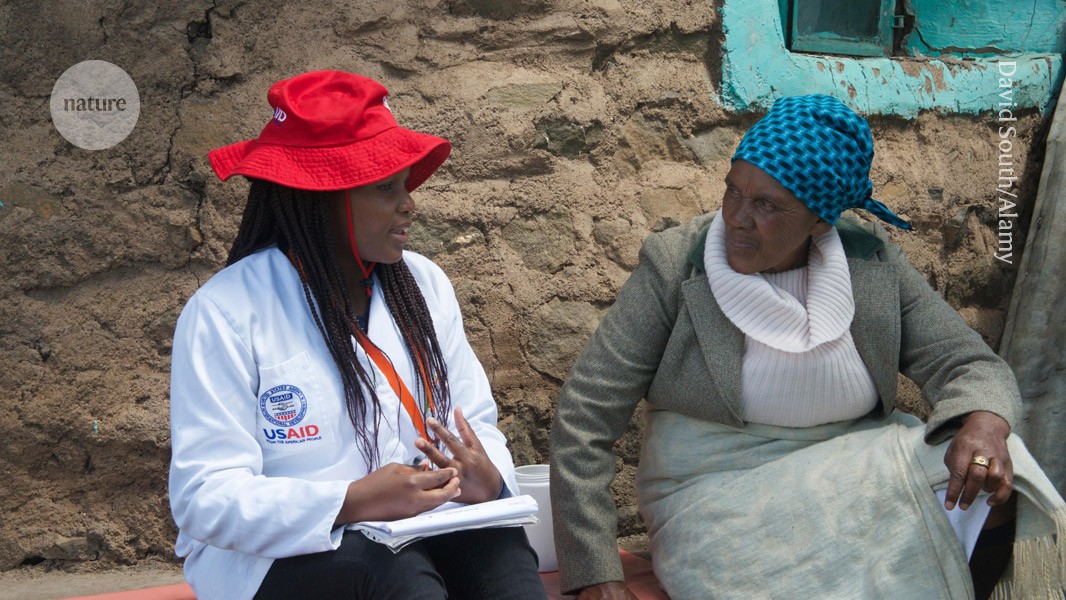
"Ending the DHS would be catastrophic," says Peter Macharia, a spatial epidemiologist from Kenya, now at the Institute of Tropical Medicine in Antwerp, Belgium. Macharia says his PhD on child health interventions was based entirely on DHS data from Kenya. "Where would we get our new statistics from? We would not know what is happening in terms of health in the communities and the needs in each area," he says."
"The discontinuity of the US grants was a big loss," Azevedo adds. "For many countries, [the DHS] was one of the very few sources of reliable micro-data to inform policies and monitor the well-being of children and women especially.""
The cut in funding for the Demographic and Health Surveys (DHS) program by the US government could have disastrous effects on global health data collection. With over 40 years of data collection covering health, nutrition, and gender equality across more than 90 countries, the DHS program is essential for tracking health indicators tied to the UN Sustainable Development Goals. Experts warn that the loss of this program, which is largely based on reliable micro-data crucial for policy making, will leave significant gaps in health statistics vital for communities.
#public-health #demographic-and-health-surveys #data-collection #international-development #global-health
Read at Nature
Unable to calculate read time
Collection
[
|
...
]